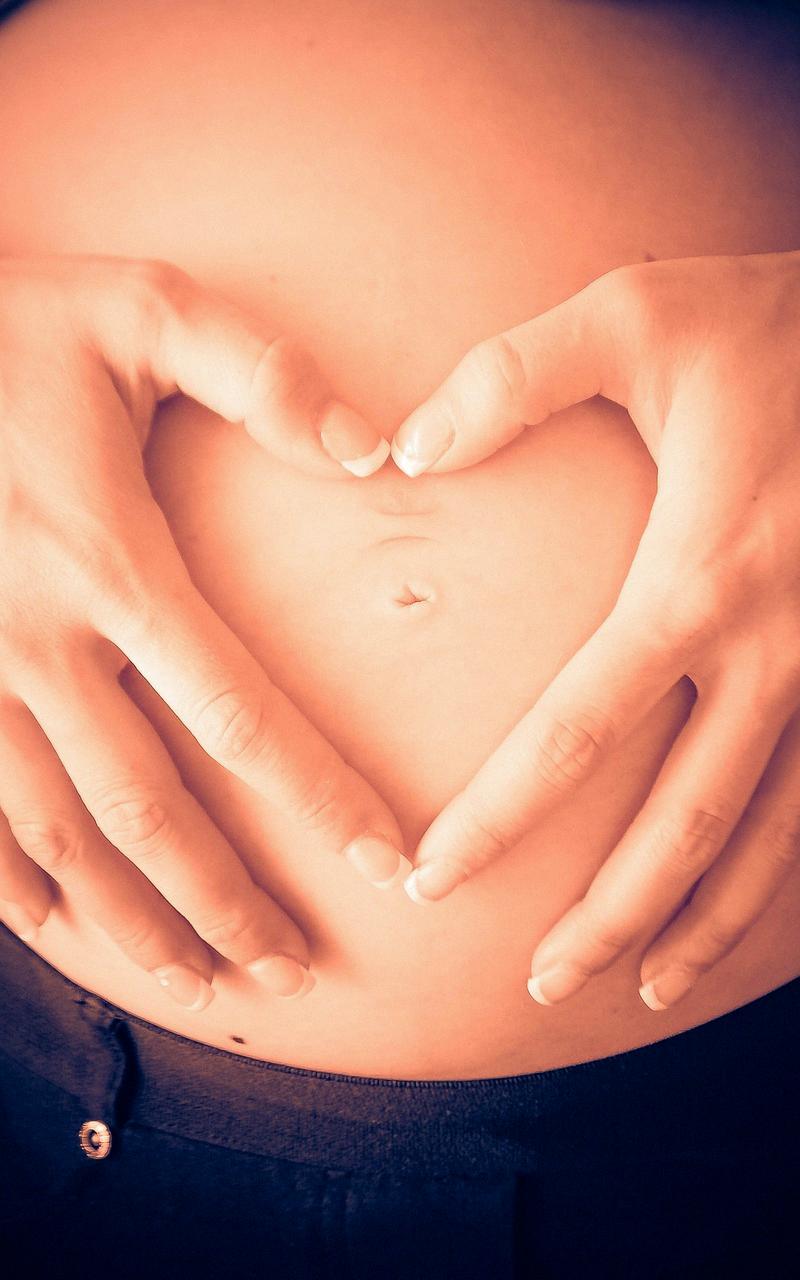When it comes to pregnancy tests, accuracy is crucial in determining whether you are expecting or not. But can you actually get an accidental positive result? Let’s delve into the factors that may lead to a false positive pregnancy test.
One common reason for a false positive result on a pregnancy test is using an expired or faulty test kit. It’s essential to check the expiration date and follow the instructions carefully to ensure accurate results.
Urine contamination is another factor that could potentially lead to a false positive pregnancy test. If your urine sample is contaminated with blood or protein, it might interfere with the test results, causing them to be inaccurate.
It’s crucial to take the pregnancy test at the right time during your menstrual cycle. Testing too early or too late can also result in false positive results. Waiting until you have missed your period can help ensure more accurate results.
Certain medications or medical conditions can also impact the accuracy of a pregnancy test. For instance, some fertility medications containing hCG hormone can lead to false positive results. It’s important to inform your healthcare provider about any medications you are taking before taking a pregnancy test.
If you have recently had a miscarriage or abortion, traces of hCG hormone might still be present in your body, leading to a false positive result on a pregnancy test. It’s advisable to wait for a while after such events before taking another test for more reliable results.
Chemical pregnancies, which occur when a fertilized egg fails to fully implant in the uterus, can also result in a false positive pregnancy test. This can be a challenging situation to navigate emotionally, and it’s essential to seek support from healthcare professionals or counselors.
Keeping in mind these various factors that can contribute to false positive pregnancy test results, it’s crucial to approach the situation with caution and seek guidance from healthcare providers if you have any concerns about the accuracy of your test results.
Understanding the sensitivity levels of different pregnancy tests is also vital. Some tests may be more sensitive to detecting hCG hormone levels than others, leading to variations in results. Choosing a high-quality, laboratory-grade test can help ensure more accurate outcomes.
If you receive a positive result on a home pregnancy test and are unsure about its accuracy, consider seeking a confirmatory test at a healthcare facility. Blood tests conducted in a clinical setting can provide more definitive results compared to home pregnancy tests.
Moreover, emotional factors such as stress or anxiety can sometimes influence the results of a pregnancy test. It’s essential to stay calm and composed while taking the test to avoid any potential false positive outcomes due to emotional factors.
In conclusion, while it is possible to get an accidental positive pregnancy test result, understanding the factors that can contribute to false positives and taking precautions can help ensure more accurate results. Consulting healthcare providers and following instructions carefully can guide you in navigating this situation effectively.

